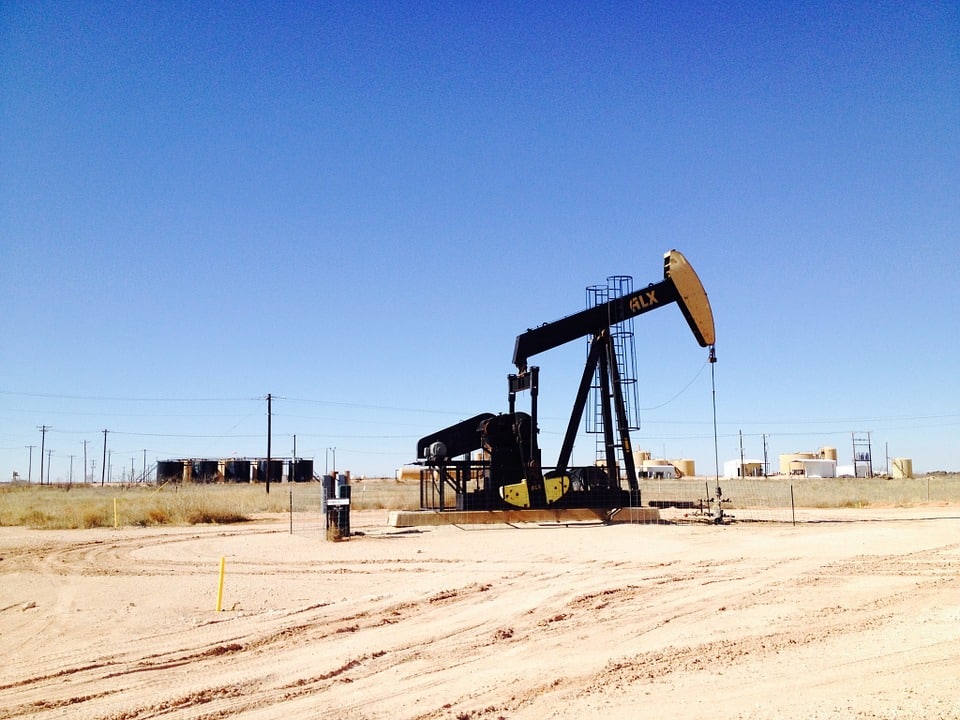Texas Commission Proposes Revisions to Oil and Gas Waste Management Rules

The Texas Railroad Commission on Aug. 16 announced a proposal to amend rules regulating waste management facilities. This marks the first reexamination of the commission’s waste management rules in over 40 years. The amendments take into account historical rules to adapt to technological advancements in the Texas energy industry’s resource development. Moreover, groundwater protection is a significant factor in the rule changes.
Apart from considering waste for oil and gas operations, such as rocks and other materials extracted from ground during drilling, the amendments address waste from other processes such as carbon sequestration, geothermal, and brine mining wells. The proposed changes would revise the design, building, procedure, monitoring and shutdown of waste management units and equip the commission to better track and gather data on oilfield waste transported across Texas.
The proposal includes amendments that would codify the informal guidance the commission has developed over several decades, providing operators and the public with clarity on how waste management facility regulations are enforced.
In addition, under the proposal residents would have additional time to protest waste management permit submissions with an extended timeframe to submit objections from the current 15 days to 30 days.
The commission has created a team devoted to environmental permit compliance, with a key role being reviews of waste management facility reports and examinations and follow ups of those reviews to speedily modify any issues.
The proposed overhaul represents a pivotal step in the right direction to tackle oil and gas waste management practices and also highlight the state’s commitment to safeguarding and protecting the water industry.
EnerKnol Pulses like this one are powered by the EnerKnol Platform—the first comprehensive database for real-time energy policy tracking. Sign up for a free trial below for access to key regulatory data and deep industry insights across the energy spectrum.
ACCESS FREE TRIAL


